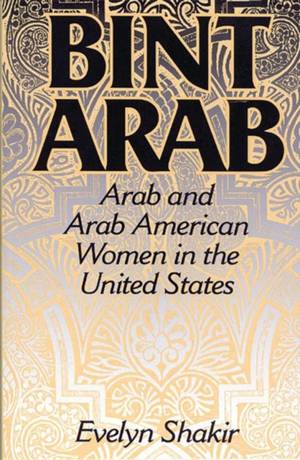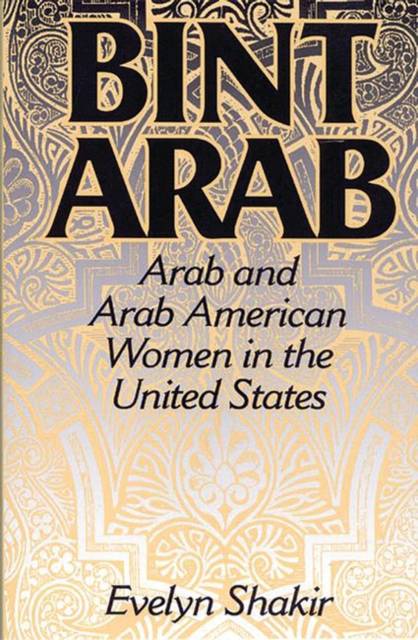
- Retrait gratuit dans votre magasin Club
- 7.000.000 titres dans notre catalogue
- Payer en toute sécurité
- Toujours un magasin près de chez vous
- Retrait gratuit dans votre magasin Club
- 7.000.0000 titres dans notre catalogue
- Payer en toute sécurité
- Toujours un magasin près de chez vous
Description
Shakir tells the long neglected story of the bint arab--the Arab woman--in the United States. Drawing on primary sources such as club minutes, census records, and dozens of interviews, she explores the experience of late 19th- and early 20th-century immigrants--mostly Christian peasants from Lebanon and Syria--and their American-born daughters. Later, she moves on to the well-assimilated granddaughters (many of whom have reidentified with the Arab community and begun to fight its political battles). The work concludes with those women--most of them Muslim--who have emigrated over the last quarter century from many Arab countries, particularly Palestinians.
While attempting to correct stereotypes that picture Arab women as passive, mindless, and downtrodden, Shakir gives voice to women caught in a tug of war, usually waged within the family, between traditional values and the social and sexual liberties permitted women in the West. Complicating that battle has been the American suspicion of Arab peoples, which has sometimes pushed women--as guardians of a culture under attack--to resist the blandishments of American society. However, the sense of embattlement has sometimes had the opposite outcome, legitimizing women's activities in the public and political realm. Leavened with personal reminiscences by the author, this book introduces a gallery of spirited women, speaking candidly about their differing backgrounds, values, and aspirations. Essential for all scholars and students of America's social and religious diversity.Spécifications
Parties prenantes
- Auteur(s) :
- Editeur:
Contenu
- Nombre de pages :
- 248
- Langue:
- Anglais
Caractéristiques
- EAN:
- 9780275956721
- Date de parution :
- 26-08-97
- Format:
- Livre broché
- Format numérique:
- Trade paperback (VS)
- Dimensions :
- 155 mm x 234 mm
- Poids :
- 381 g

Les avis
Nous publions uniquement les avis qui respectent les conditions requises. Consultez nos conditions pour les avis.






